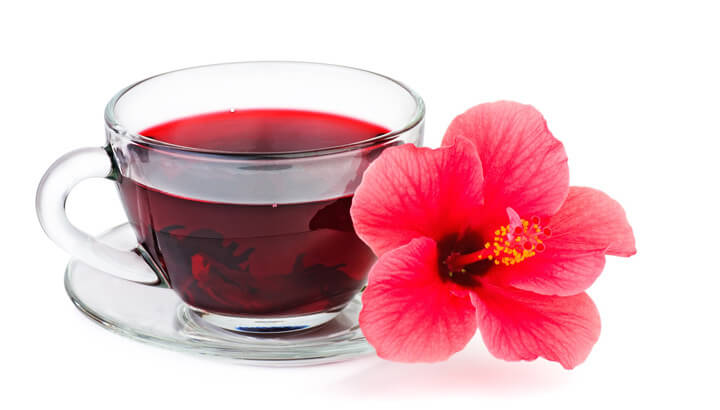Hibiscus tea is a caffeine free herbal tea made from the flowers from the Hibiscus sabdariffa or “Roselle” plant. The teas are created from the sepals or calyces (the petal-like structure at the base of the flower), and not from the actual petals. Hibiscus teas are a popular beverage in lots of countries from Asia through Africa for the Caribbean, and different countries have their own unique strategies to preparing that coffee.
In a few areas, including aspects of China, hibiscus is blended with black tea. However, not as well-known from the U.S., hibiscus is a type of ingredient in herbals. Hibiscus imparts a tangy flavor plus a deep purplish-red color to blends that it is a part.
Many benefits of Hibiscus and Hibiscus Tea:
The standard reason for hibiscus range from the treatments for blood pressure (hypertension), the cut in fever, and treatments for liver disorders. Unlike many herbs, hibiscus has become studied fairly extensively and you will find even some fairly conclusive human studies establishing not just its usefulness for a number of treatments, but comparing it to widely-used medications and exploring side-effects. Although the majority of the studies use standardized extracts of hibiscus, hibiscus tea continues to be studied to varying degrees and shows promise the tea itself they can be handy as being a treatment sometimes.

Lowering blood pressure – On top of many animal studies supporting its use for hypertension, human studies have validated that hibiscus, including hibiscus tea can effectively lower blood pressure level. Hibiscus sabdariffa extract has been compared to the drug captopril, and it was seen to be equally effective. A more modern study compared it to lisinopril and discovered it’s not as effective as that drug, but showed a lack of intense side effects.
Lowering fever – Hibiscus is proven in laboratory animals to get fever lowering (antipyretic) properties. There exists evidence suggesting what has mechanism of action differs from those of aspirin, this lowers fever.
Protecting the Liver – The end results of chemicals for the liver tend to be more technical and poorly understood, but there is nonetheless some evidence that hibiscus can safeguard against liver damage the result of a number of different chemicals
Safety and Unwanted effects:
Hibiscus tea is traditionally used as being a beverage and often named safe for normal use. Furthermore, the few human studies which may have explored unwanted side effects are finding an obvious lack of strong unwanted effects. However, as with any medicine, caution needs to be warranted with its use. The acidity of teas containing hibiscus could make them unpleasant for a lot of to consume, and people experiencing heartburn or otherwise not looking to avoid sour or acidic food and drinks may want to avoid it. Also, because it is recognized to lower blood pressure levels and shown to become an ACE inhibitor it ought to be used in combination with caution by people that have low hypertension.
More information about tasting hibiscus tea visit the best website.

Be First to Comment